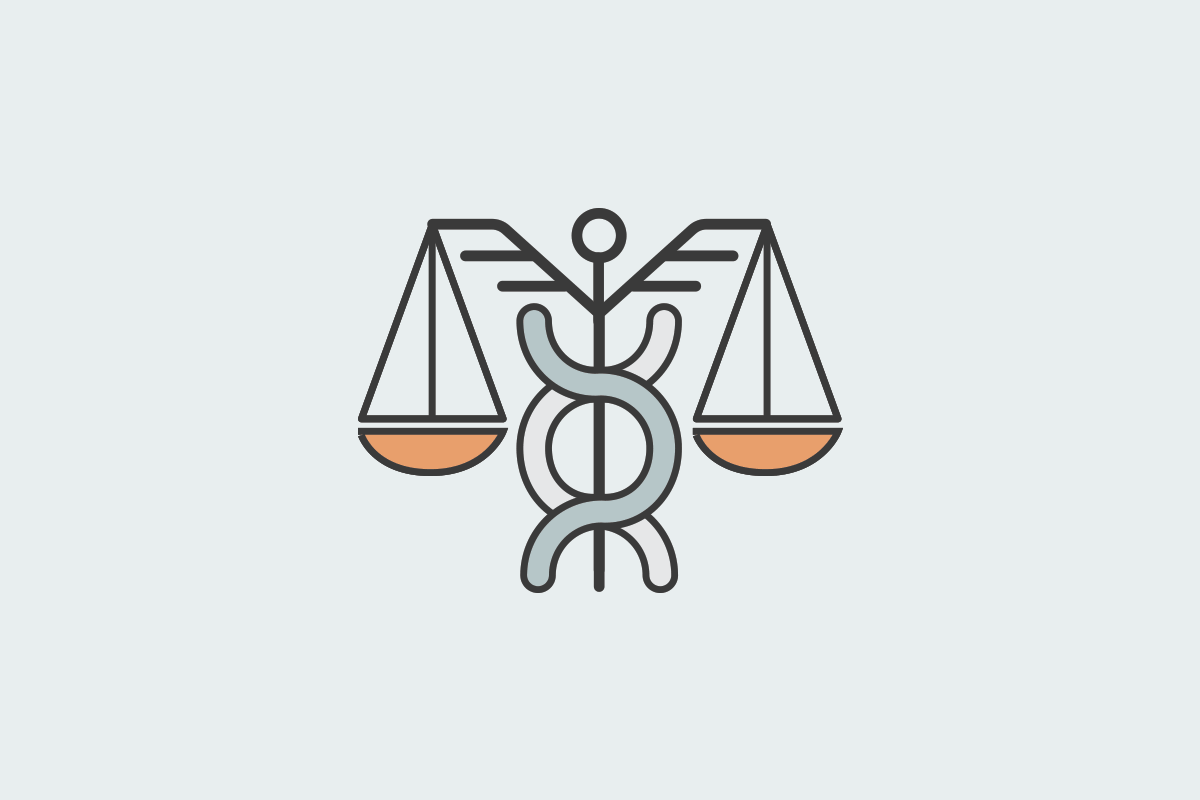It should come as no surprise that the spaces we occupy every day have a huge impact on our overall wellness. The Environmental Protection Agency and Vancouver Coastal Health report that Americans and Canadians spend about 90% of their time indoors. But what about the time we spend outdoors?
Your Welcoa membership has expired.
Tackling Employee Tobacco Use: Consider the Legal Landscape Before Moving Forward
The following article does NOT constitute legal advice and should not be used as such. It is for educational purposes only. Readers should retain legal counsel to obtain definitive answers.
Many employers would like to reduce tobacco use among their employee population. One reason may be to reduce health care costs. Some studies have estimated that smokers cost companies about $6,000 more per year than nonsmokers in terms of lost productivity, absenteeism and health insurance expenses. Another reason may be to promote employee well-being. Both reasons have merit, but employers who wish to take action against tobacco users must be aware of the legal territory before doing so.
First, employers must determine whether they conduct business in a state that forbids discriminating against employees use of lawful products, such as tobacco, during non-work hours. If so, the employer may be limited in its ability to adopt no-hire policies or disciplinary policies for employees who use tobacco outside of work. Thus far, 29 states and the District of Columbia have laws that protect tobacco users from discrimination. Of course, these state laws protect employees from discrimination by the employer, not necessarily their employer’s health plan. Thus, an employer who may be restricted in adopting employment policies relating to tobacco use because of a state’s law, may not be so restricted in adjusting health insurance premiums based on tobacco use. Indeed, the Health Insurance Portability and Accountability Act (HIPAA) permits group health plans to “discriminate” against tobacco use as long as the law’s requirements are met. Moreover, it is important to note that even if a state’s law prohibits discrimination against “tobacco use,” there may be an argument that tobacco does not include e-cigarettes or vaping products; in other words, employers in states that limit protections to tobacco use only may be able to adopt no-hire policies regarding the use of e-cigarettes or vaping products.
Second, if an employer conducts business in one of the 21 states that do not prohibit tobacco use discrimination, employers must still be aware of civil rights, social justice and privacy concerns. Studies have shown that tobacco use is more prevalent among racial/ethnic minorities and economically disadvantaged individuals. Refusing to hire or penalizing employees who use tobacco may further disadvantage these individuals and arguably, these disadvantaged individuals may need an employer’s help the most. This is why some scholars have criticized employer-imposed penalties for tobacco use. They contend that many smokers begin the habit before they are 18. They are therefore addicted and need help. Employers who turn their back on tobacco users by refusing to hire them, particularly employers who are healthcare organizations, miss an opportunity to help them.
As for the privacy concern, opponents of tobacco use policies believe that regulating what an employee does during his or her personal time is not the business of the employer; so long as the employee can perform his or her job, the employer should not be concerned with an employee’s off-duty conduct. Those who hold this view also worry that employers will start regulating other types of “lifestyle choices,” such as what people eat, how much people way, and other risky behaviors in which individuals might engage in their personal time. Employees may view employers who engage in “benevolent paternalism” as overstepping their role. In a tight labor market, it may be very important for employers to consider whether trying to get employees to adopt healthy behaviors will undermine an employer’s recruitment and retention efforts.
These are just some of the considerations employers should explore before adopting a tobacco use policy. Of course, it is always wise to engage legal counsel to help craft such a policy.

Barbara J. Zabawa
President of the Center for Health and Wellness Law, LLC
wellnesslaw.com
Health Promotion Program Legal Updates*
Every 3rd Wednesday from 10:00–11:00 AM CT
*This is an exclusive WELCOA Member Resource.




